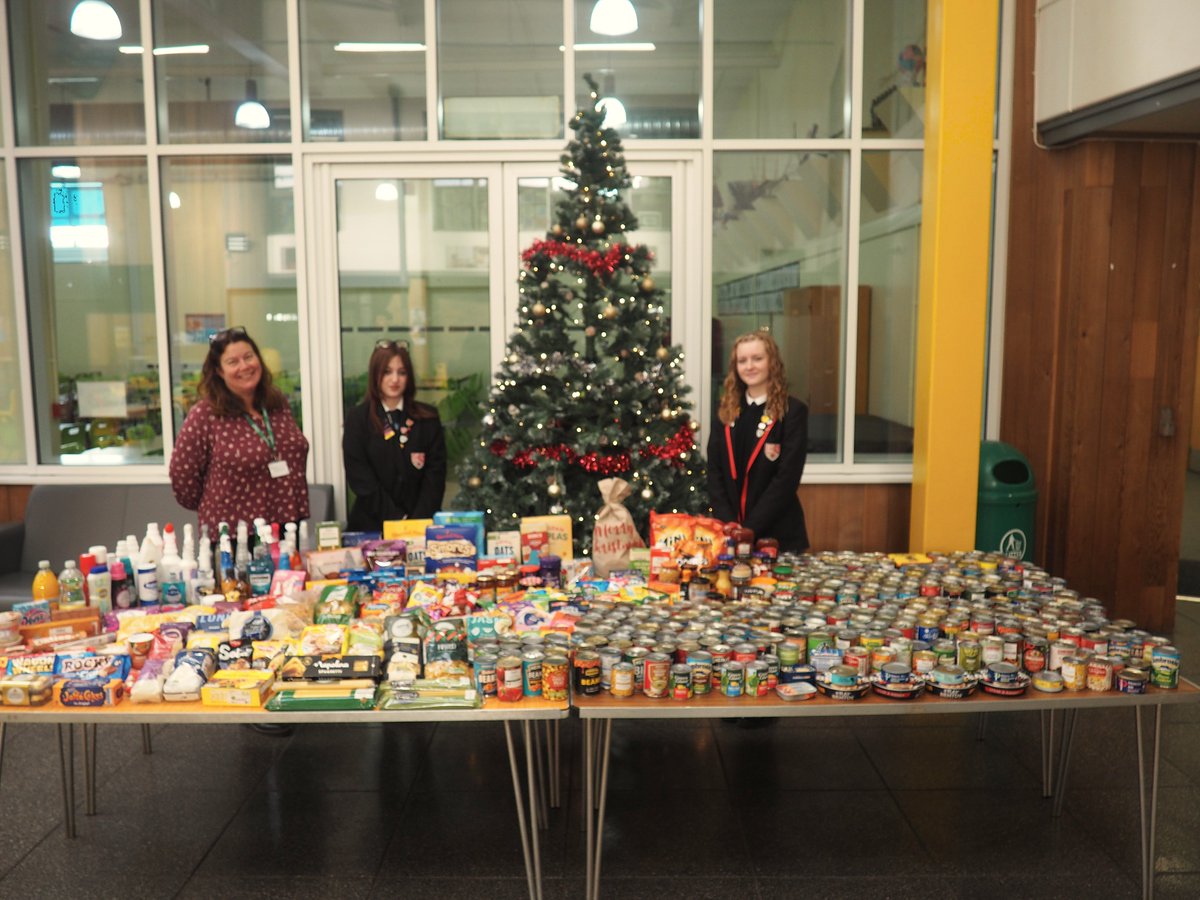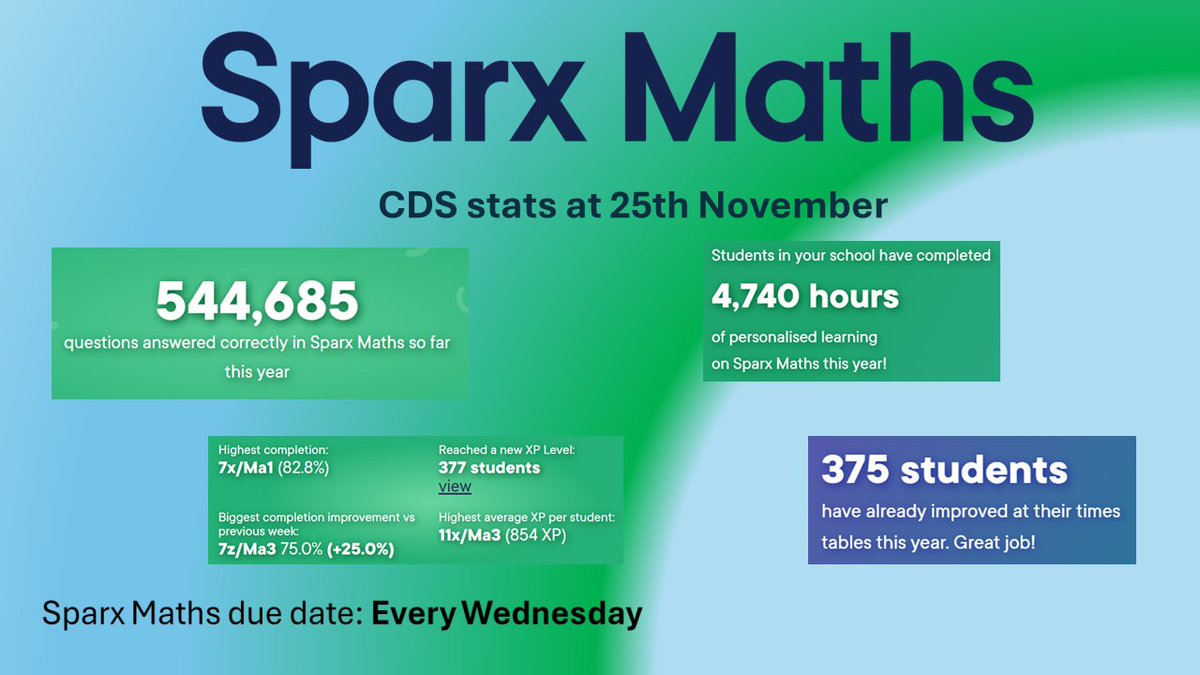Breadth Thinking Tools
CoRT Thinking Lessons have been taught in schools since the mid 1970s. They have since become the most widely used school materials for the direct teaching of thinking as a basic skill worldwide.
All of this experience has contributed to developing CoRT Thinking Lessons that:
- Are practical and hands-on in nature.
- Can be taught as a separate subject–thinking skills–or embedded in existing curriculum to strengthen student learning and develop independent thinkers.
- Are focused on equipping students to become effective, open-minded thinkers–critical, creative, constructive, and comprehensive.
- Address the increasing interest and recognition for the need to teach thinking as a basic skill along with reading, writing, and mathematics; the traditional basics.
- Can be used in a wide variety of situations from schools in disadvantaged areas to elite schools to students being home schooled.
- Appeal to a wide range of ages (6-adult) and abilities (IQs of 75-140).

Think of a person setting out to learn to be a carpenter. Each carpenter's tool is designed to carry out a specific function. The carpenter learns when and how to use each of the tools one-by-one. A lot of practice is required to become a skilled carpenter. Learning to become a skilled thinker is the same approach: to make the basic operations of thinking second nature so that they are carried out automatically, smoothly, and without fuss or effort.
P4C – is short for Philosophy for Children.
Children are taught how to create their own philosophical questions. They then choose one question that is the focus of a philosophical enquiry, or dialogue. For example the question might be 'is it ever ok to steal?
The teacher, as facilitator, supports the children in their thinking, reasoning and questioning, as well as the way the children speak and listen to each other in the dialogue. After the enquiry the children and facilitator reflect on the quality of the thinking, reasoning and participation, and suggest how they could improve; either as individuals or as a group (community).
P4C is intended to be a regular activity so that the children develop their skills and understanding over time. The role of the facilitator is crucial to ensuring quality dialogue and progress, as well as integration with the curriculum.
It is well documented that P4C has an impact on children's cognitive, social and emotional development. P4C is about getting children to think and communicate well; to think better for themselves.
P4C is a thorough pedagogy with considerable academic pedigree. Professor Matthew Lipman, frustrated by his students’ lack of engagement with learning and thinking, was influenced by educationalists and philosophers such as Vygotsky, Piaget, Dewey as well as the tradition of Socratic dialogue.
If we expect pupils to engage in more creative and stimulating thought process, we, as teachers must encourage them by asking higher level questions.
Linking higher order Questioning with higher order Thinking.
- Developed initially in 1050's by Benjamin Bloom, readapted and significantly improved by Lorin Anderson in 1990's.
- Hierarchy of 6 developmental stages of thinking which become increasingly complex and demanding.
- The levels of thinking can be applied to developing questioning across all levels of schooling and in areas of learning.

Deeper questioning and anticipated deeper response is developed from top left to bottom right.
Get pupils to come up with their own questions by choosing a word from the left-most column followed by a word from the top row.
Eg.
What Is… the time / the name of… etc
When Will… the reaction stop if I use X grams of Y?
How Might… we use photosynthesis to overcome the impact of burning fossil fuels?



























